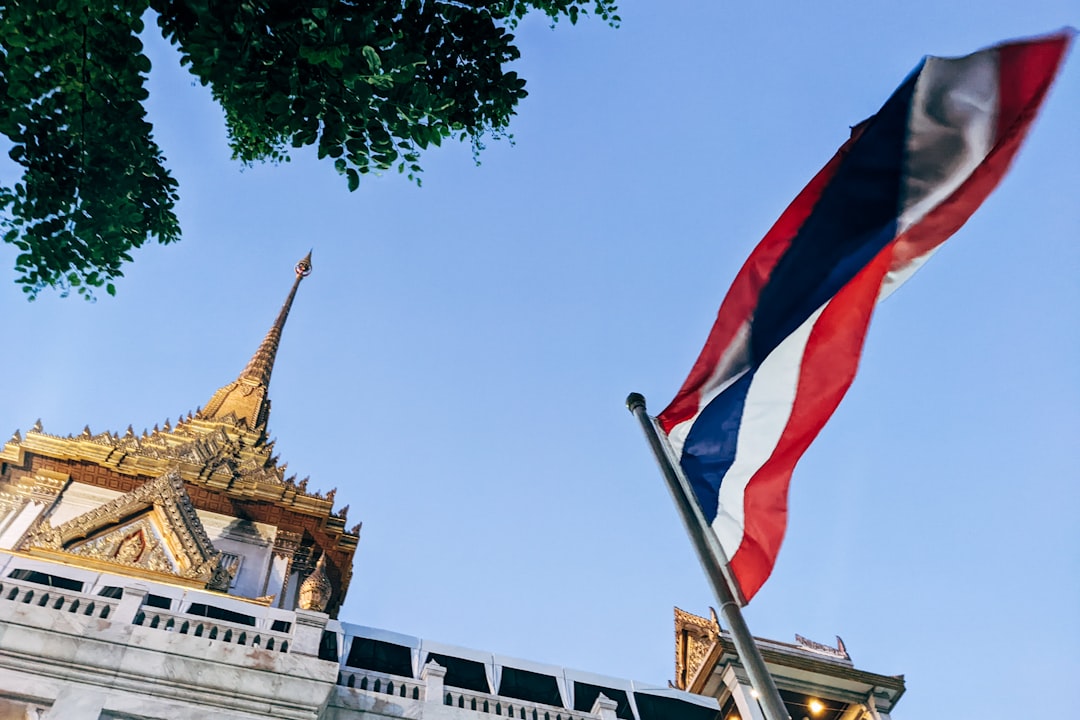Thai Politics: A Comprehensive Overview
Introduction
Thai politics is a complex blend of constitutional monarchy, experimentation with democracy, and recurrent military intervention. As Southeast Asia’s second-largest economy, Thailand’s political landscape continues to influence regional stability and economic trends. This article aims to provide an in-depth analysis of the history, institutions, key players, and current trends in Thai politics.
Historical Background
Evolution of Thai Governance
Thai political history is characterized by a transition from absolute monarchy to constitutional monarchy, punctuated by coups and political reforms.
| Period | Key Events |
|---|---|
| Pre-1932 | Absolute Monarchy under Chakri Dynasty (Rama I-X) |
| 1932 Revolution | End of absolute monarchy; first constitution adopted |
| 1932-1973 | Frequent coups; military dominance; intermittent democracy |
| 1973-1976 | Popular uprising and political liberalization |
| 1976-1991 | Recurrent coups, military rule returned several times |
| 1992-2006 | Democratic surge; new constitutions; rise of populism |
| 2006-Present | Military coups, constitutional reforms, polarizing politics |
Political System and Key Institutions
Thailand is a constitutional monarchy with a parliamentary system, but the military and monarchy play significant roles.
Main Political Institutions
| Institution | Description |
|---|---|
| Monarchy | King is head of state, plays a symbolic but influential role |
| Executive | Prime Minister (head of government), Cabinet; chosen from the legislature |
| Legislature (Parliament) | Bicameral: House of Representatives (elected), Senate (appointed & elected) |
| Judiciary | Independent courts, especially Constitutional and Administrative Courts |
| Military | Regularly intervenes in politics, significant influence over national security |
Key Political Players
| Player/Party | Ideology/Position | Role/Significance |
|---|---|---|
| The King (Rama X) | Symbolic, unifying | Holds constitutional powers |
| Pheu Thai Party | Populist, pro-democracy | Main opposition party |
| Move Forward Party (MFP) | Progressive, reformist | Youth-driven, reform oriented |
| Palang Pracharath Party | Pro-military, conservative | Pro-establishment |
| Democrat Party | Conservative-Liberal | Oldest party in Thailand |
| Thai Military | Pro-monarchy, conservative | Frequent political actor |
Key Issues in Thai Politics
Military Intervention: Military coups in 2006 and 2014 halted democratic progress. The constitution (2017) gives the military significant power in politics, especially via the Senate.
Role of the Monarchy: The monarchy remains above politics but exercises substantial influence, especially during political crises.
Youth Movements and Public Protest: Since 2020, students and young activists have driven calls for reform—unprecedented in criticizing the monarchy and military.
Electoral Reforms: Frequent changes to the electoral system have often benefited establishment parties, leading to questions about fair representation.
Judicialization of Politics: Courts have repeatedly dissolved progressive parties (e.g., Future Forward Party in 2020), undermining political diversity.
Recent Elections and Political Crises
2019 Parliamentary Elections
- First election since the 2014 coup.
- The pro-military Palang Pracharath Party formed a coalition government, despite Pheu Thai winning the most seats.
- The Senate’s role in electing the Prime Minister favored military-backed candidates.
2023 General Election
- Move Forward Party (MFP) stunned observers by winning the most seats.
- Pheu Thai came second; traditional parties performed poorly.
- The Senate and entrenched constitutional rules prevented MFP from forming the government, despite their electoral mandate.
- Pheu Thai formed a government with pro-military parties, sparking youth disillusionment.
| Party | 2023 Seat Count | % Popular Vote | Alliance Formed |
|---|---|---|---|
| Move Forward (MFP) | 151 | 36% | Opposition |
| Pheu Thai | 141 | 28% | Formed Government (coalition with military-backed parties) |
| Palang Pracharath | 40 | 11% | Coalition Partner |
| Democrat Party | 25 | 8% | Minor Partner |
Contemporary Challenges
Constitutional Reforms
Debate over rewriting the 2017 constitution centers on:
- Curtailing military power,
- Reducing the Senate’s ability to block elected governments,
- Expanding civil rights and freedoms.
Freedom of Speech and Lese Majeste Laws
Thailand’s lèse-majesté law (Article 112) is among the world’s strictest, chilling debate and protest against the monarchy.
Economy and Inequality
No matter the administration, economic disparity persists. Rural-urban divides continue to shape political loyalties and voting patterns.
The Path Forward
Thailand’s political future rests on its ability to balance respect for the monarchy and military with the democratic aspirations of its diverse population. Further polarization is possible if legal and constitutional reforms do not catch up with the rapidly changing social landscape, especially the demands of a politically awake younger generation.
Summary Table: Milestones in Thai Political History
| Year | Event | Impact |
|---|---|---|
| 1932 | Constitutional Revolution | End of Absolute Monarchy |
| 1973 | Mass Protests | Start of Democratic Era |
| 2006 | Military Coup | Ousts Thaksin Shinawatra, deepens divide |
| 2014 | Military Coup | Ends civilian rule, junta in power |
| 2017 | New Constitution | Enhanced military, Senate power |
| 2020 | Student Protests | Unprecedented challenges to monarchy |
| 2023 | General Election | Pro-reform party wins but blocked |
Conclusion
Thai politics is a battleground between old and new: conservatism versus reform, military and monarchy versus parliament, deference versus activism. Its future remains uncertain, yet undeniably critical—not only for Thais but for the entire Southeast Asian region. Stability, genuine democracy, and social harmony will require substantive reforms, compromise, and the respectful inclusion of all voices.
References:
- Chambers, Paul. "Civil–Military Relations in Thailand."
- McCargo, Duncan. "Thailand’s Political History: From Ayutthaya to Thaksin."
- BBC News, "Thailand Country Profile," 2023.
- Election Commission of Thailand, "General Election Results 2019, 2023."
- Human Rights Watch, "Thailand Events of 2023."

Comments
No comments yet. Be the first to comment!